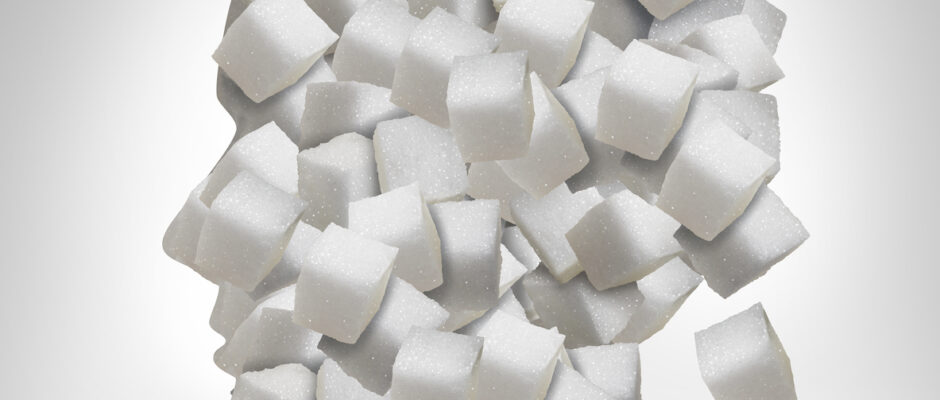Sugar: The Adverse Effects of the Worst Non-Labeled Drug
 Sugar Adverse Effects Worlds Worst Non-Labled Drug
Sugar Adverse Effects Worlds Worst Non-Labled Drug
According to an article written by the US National Library of Medicines1, sugar, for many of us, dominates our daily lives and we are absolutely consumed by it. Believe me; I fall into this category of people as well.
For something that destroys the human body as quickly as any pharmacist prescribed and even non-pharmacist prescribed drug, I’m surprised it still has a place in this world. We can find it in a lot of the foods we eat and the drinks we drink. And with as many lives as it’s destroyed, with the diabetes epidemic, with the need for epi-pens and insulin injectors, and just in general how the body operates when sugar is over-consumed like it is in America, there needs to come a time when we become informed enough about how adversely over-consumption of this earthly substance, while meant for good, has been turned into a form of evil.
- Negative effects of chronic sugar intake include:
- Weight gain
- Increased blood pressure
- Increased cholesterol levels
- Increased risk of diabetes, cancer, and heart disease
- Negatively impacts dental health
- Drains your energy
- Accelerates cognitive decline
This has been backed up by research, like this April 2016 study done by the Queensland University of Technology, expressing,
In a 2015 ABC13 Article
Cardiologist James O’Keefe says sugar contributes to cardiovascular disease as well as liver disease, hypertension, Type 2 Diabetes, obesity, and Alzheimer’s Disease.
O’Keefe says it can take six weeks to kick a sugar addiction, and you can experience strong cravings almost like a drug withdrawal. But he says the long-term benefits are worth it.
O’Keefe told KCTV.
Speaking from personal experience, I know what sugar does to me. Some of the side effects that i experience are anger, hostility, bad-attitude, and afterward, my mind feels like it’s in a depressed state, shutting down. I feel like I can’t think straight, and I become lazy, wanting more sugar, only leading to a worse situation than what I was in before consuming it. I get “high’, essentially, and when I come out of it, the low feels pretty low, driving me to want to consume more.
Closing Truths
So what can we do about this? James O’Keefe gives helpful thoughts on what we can do to eliminate sugar from our diet. O’Keefe likes to call his method, a back-to-the-basics diet. He says, “Lots of vegetables, lots of fruit and nuts, berries and fish, chicken breast and water and sparkling water.” When I think about what O’Keefe is recommending here it reminds me of Jesus and what his diet consisted of: fish, dates, bread and wine. And by eating and drinking just those things, he fulfilled the entire food pyramid as we know it today. I’m not saying it’s not okay to eat sugar. Eating the right kind of sugar, and in the right amounts, when the body needs it to perform basic functions, is something we all have to consider in beating a culture of obesity and addiction.
The combination of literature reviewed in this paper, suggesting potential beneficial effects of intake of starches, especially those containing slowly-digestible and resistant starches, and potential detrimental effects of high intakes of fructose, support the intake of whole grains, legumes and vegetables. These contain more appropriate sources of carbohydrates associated with reduced risk of cardiovascular and other chronic diseases, rather than foods rich in sugars, especially in the form of sugar-sweetened beverages.
God intended something that comes from the earth to be used for good. With the way society has taken sugar and transformed it into something that it was never intended to be, this gift has taken over a large population of people, worldwide, and has been the idol of the thoughts and diet of people consumed by its, at one time, blessings.
Don’t allow yourself to be one of those people.
Learn more about the Circle of Corruption and the Symptoms of Destruction.
1Aller, E. E., Abete, I., Astrup, A., Martinez, J. A., & Baak, M. A. V. (2011). Starches, sugars and obesity. Nutrients, 3(3), 341-369.



